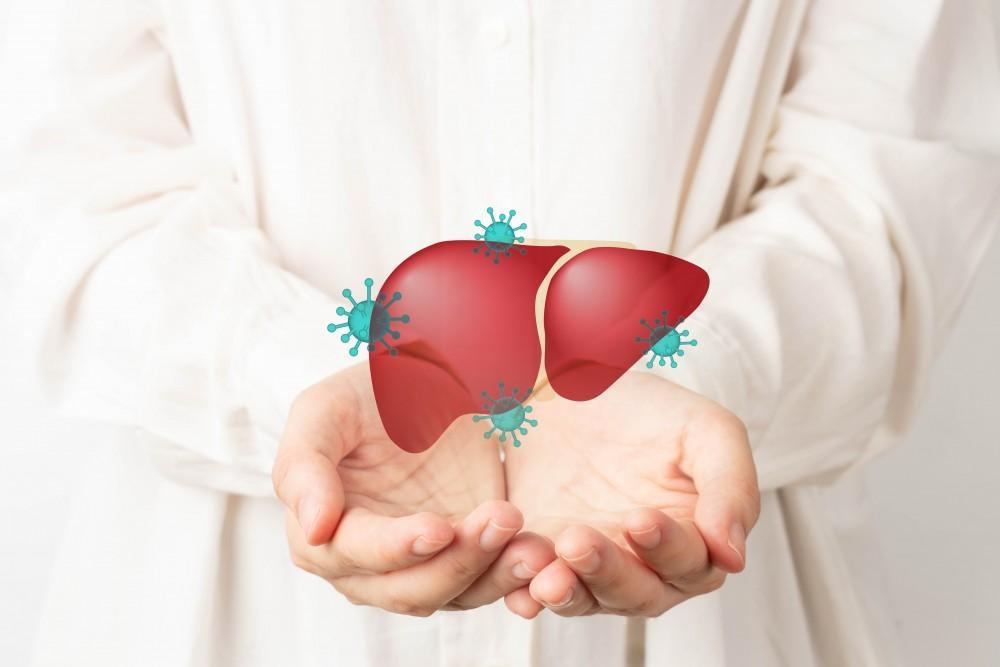Expert Treatment for Hepatitis C by Dr. Bharat Pothuri
Dr. Pothuri uses a step-by-step approach:
Medical History and Exam
He reviews your risk factors (IV drug use, unlicensed tattoos/piercings, transfusions before 1992), asks about symptoms such as epigastric discomfort, fatigue, jaundice, and performs an abdominal exam to check for liver enlargement or tenderness.
Blood Tests
We order HCV antibody and RNA assays to confirm infection, plus liver function tests (ALT, AST) to assess ongoing liver injury.
Imaging Studies
- Abdominal ultrasound evaluates liver size, texture, and signs of steatosis or cirrhosis.
- FibroScan® (transient elastography) measures liver stiffness noninvasively to stage fibrosis.
Advanced Testing (if needed)
In select cases, a percutaneous liver biopsy gauges inflammation and fibrosis, or endoscopy checks for varices if portal hypertension is suspected.
Frequently Asked Questions
What is hepatitis C?
Hepatitis C is a liver infection caused by the hepatitis C virus (HCV). It can lead to chronic liver disease if untreated.
How is hepatitis C transmitted?
It spreads through blood-to-blood contact-most commonly via sharing needles, unsterile medical equipment, or blood transfusions before 1992.
What symptoms should I watch for?
Many people have no symptoms. When present, they include fatigue, jaundice, nausea, abdominal pain, and dark urine.
How is hepatitis C diagnosed?
Diagnosis involves blood tests an antibody test to screen, and an HCV RNA test to confirm active infection.
What are the treatment options?
Direct-acting antiviral (DAA) medications can cure over 95% of cases in 8-12 weeks with minimal side effects.
Can hepatitis C be prevented?
Prevention includes avoiding sharing needles, screening blood products, and using standard precautions in healthcare settings.
Do I need ongoing monitoring after cure?
Yes. Patients with advanced fibrosis or cirrhosis need lifelong hepatology follow-up and liver cancer screening.












